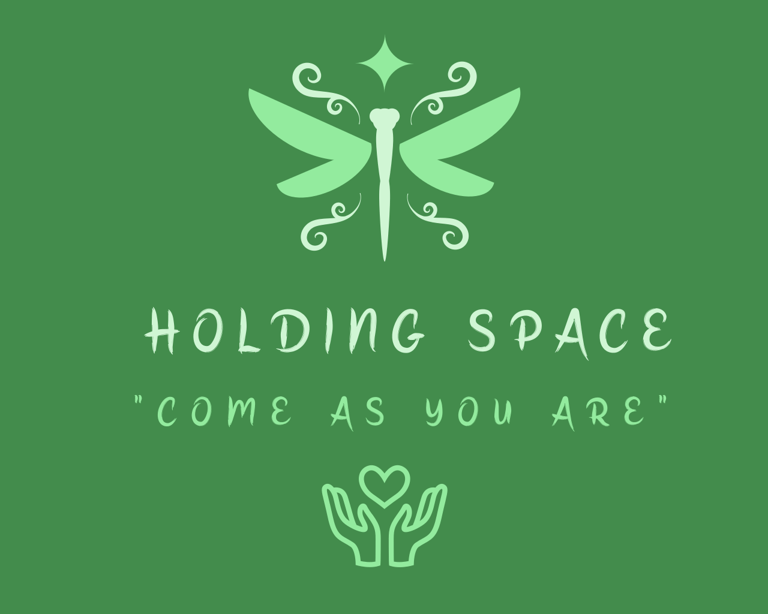





Understanding Grief: Identifying Emotional Triggers and allowing them
What are triggers during grief? For me it was daily, especially around 7AM, it was when I would call my mom on Skype. It was an almost daily occurrence. Realizing I would not be able to call her ever again. Or at the grocery store, in the vegetable isle, I would see at a vegetable I didn’t particularly like. I would buy it anyway because I knew how much my mom enjoyed it. Does this ever happen to you? Triggers can be certain times, places, smells, sights, songs. It used to catch me by surprise when I would least expect it. While I was first grieving, and because of the brain fog, I didn’t experience many triggers. A few weeks after my mom’s death is when they started happening. Triggers are part of the process. They are painful and can be difficult to deal with. However, they remind us of the love that was. The love still exists. While driving your car, the music is playing. Maybe you are on your way home or running an errand. All of a sudden, a song or a memory of your loved one pops up. The next thing you know, you are in tears. I have been there many times. Especially while driving on the main road that leads home, there is a spot where the cell connection temporarily goes out for about 30 seconds. I used to let my mom know that she was going to lose me for about 30 seconds…. every time I am on that road I remember that detail. As time passes, they may get less frequent. They have for me. But they still happen from time to time. The rawness doesn’t feel as sharp. Ways to cope with triggers: 1. Try identifying what they are and where. Is it when you are at home, out, or at work? Is it while you are doing a specific task? Is it when you are driving by a certain location? Is it when you are on a specific road? Or when you hear a song, or recognize a smell? Be patient with yourself. It can be challenging to recognize your triggers until you are in the situation itself. This is also because, well let’s face it, we do not want to think about or feel them. 2. Coping strategy: The goal is not to ignore the trigger. Instead, understand that it is there to help you process your loss. For me, I learned to give it all my attention and sit with it. Along with my tears. Music has helped me tremendously with my triggers. There were times when I would listen to the same song ten, fifteen times. Music is comfort and familiar for me, in that moment that is what I needed. Whether you are into journaling, crafts, music, exercise, writing whatever makes you feel good; do it. This is not about pretending triggers are not happening but rather identify, acknowledge, and allow them. Allow them then follow with an activity you enjoy so that your brain can associate the triggers with something positive with it. 3. Built a support system: This is one of the most important things you can do while grieving. Whether it is a phone call, a visit to a friend or family member or a counselor. Often, we feel we do not want to bother others with our grief. In reality, our family and friends would love nothing more than to be there for us. Sometimes, we want to isolate and that is okay too. Grieving is as unique as a fingerprint; we all deal with it in our own ways. That is okay, give yourself permission to do what is right for you. 4. Self-care. The goal is to engage in an activity that takes care of your body and soul. It can take on many forms. For me, water is very relaxing. I am a big fan of baths. They put me in a relaxed almost meditative state. Maybe you enjoy going for a walk. Or perhaps you prefer curling up in a blanket reading a book. You might also like watching a movie you enjoy. Meet up with a friend or family member. Or do nothing at all, just be and allow it. I wanted to give you a few easy steps you can take when you need them. They have helped me and are still helping me. Grief is a journey that never ends however it evolves, shapes and helps us move forward. It is not about forgetting our loved ones. There is no “moving on” but there is a promise of a better tomorrow. It is learning to live in a different way. My favorite part is that I can still talk to my mom, in a different way, no cell reception required. I have a direct line to her. From my heart to hers and I know all I have to do is start talking to her. I feel her presence. Always.
3/5/20251 min read
